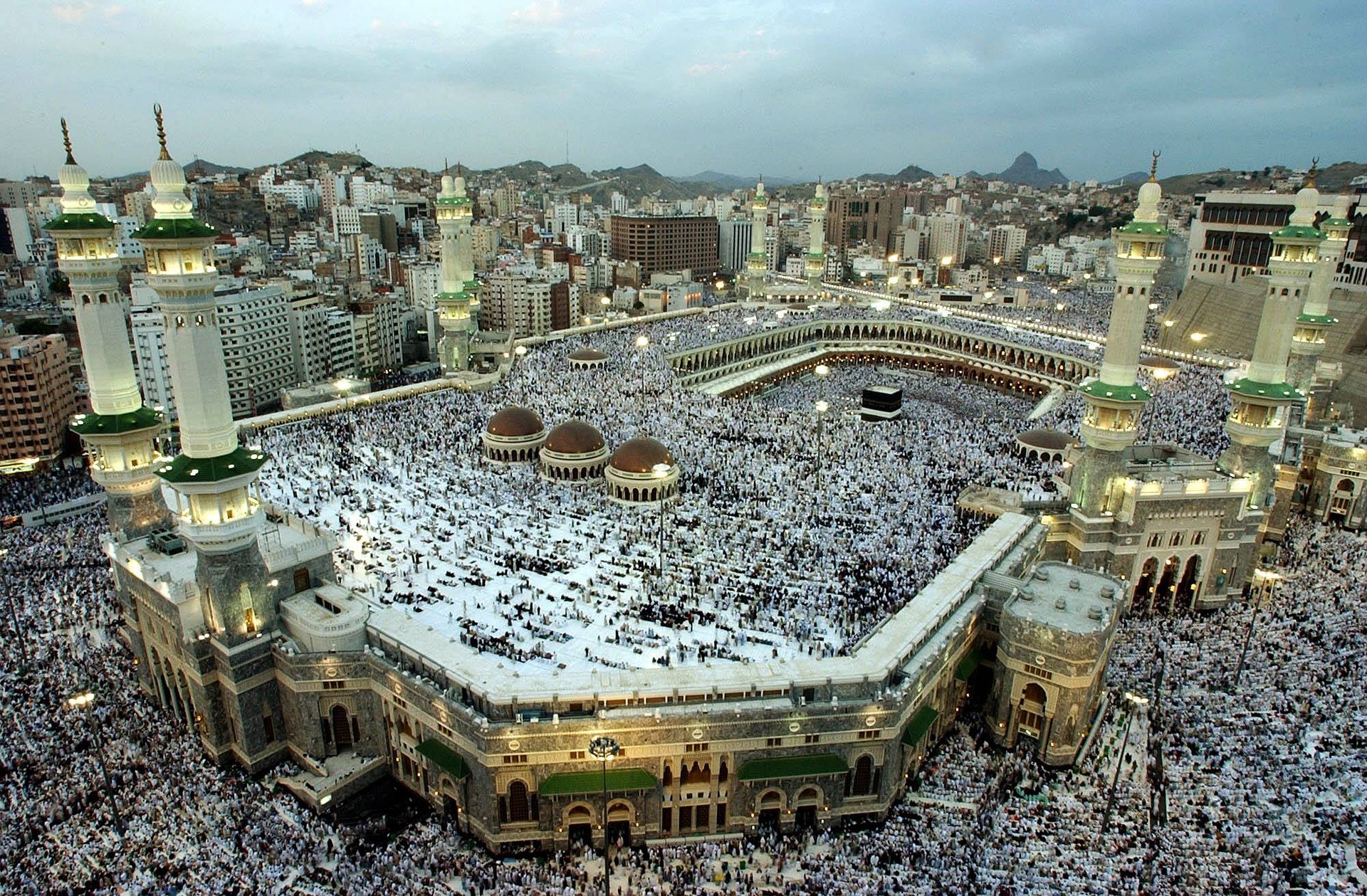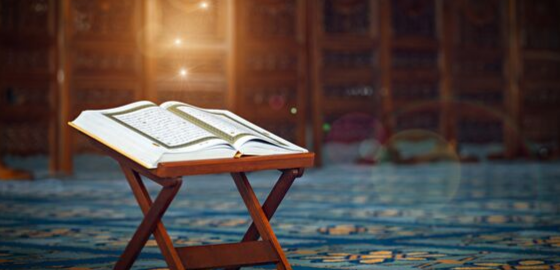The remaining Sūrahs of the Quran are short and powerful, mostly Makkan, Sūrahs. These Sūrahs are often recited in Salah and more Muslims have memorized these Sūrahs than any others, due to their brevity. The first two Sūrahs in this set share similar themes and lessons, so they will be discussed together here.
Sūrah ash-Shams is the 91st Sūrah in the Quran. It is a short powerful Makkan Sūrah focused on the contrasting oaths, and the importance of the soul. Sūrah al-Layl is the 92nd Sūrah in the Quran. It is also a Makkan Sūrah and has twenty one verses. Its focus is also on contrasting oaths, and the two paths in life. Together, these two Sūrahs teach us that life is made up of opposites. These opposites include the straight path and the paths of misguidance.
The Contrasting Oaths
Both of these Sūrahs begin with a series of oaths highlighted contrasting forces in this universe. In Sūrah ash-Shams, Allah takes an oath on the sun and the moon, the day and the night, and the sky and the earth. These three sets of opposites lay the framework for the message of this Sūrah. Everything in this world has an opposite. The seventh oath is on the soul, which the message of the Sūrah revolves around.
Sūrah al-Layl also begins with oaths on contrasting opposites, the night and the day, and the male and the female. This is followed by showcasing the two paths in life, the path towards ease i.e. Paradise, and the path towards hardship i.e. Hellfire. The themes and oaths of these two Sūrahs are very similar creating a double emphasis on the fact that this world is made up of opposites.
Just as the earth and the sky are not the same, the sun and the moon are not the same, the day and the night are not the same, and the male and the female are not the same. Similarly, the straight path and the paths of misguidance are not the same. They are distinct from each other in many ways, and every human needs to choose their path in life for themselves.
The Soul and its states
In Sūrah ash-Shams, Allah takes an oath on the soul, and its two paths; lust or piety. He then says that whoever purifies it will be successful and whoever corrupts it will go astray. In these four short verses, Allah summarizes the entire field of Islamic Spirituality (Tazkiyyah). The entire science of purification of the soul revolves around these four realities.
The soul was created by Allah and has the potential for great good and great evil. When left unbridled, it leads down the path of lust and animalistic behavior. When it is purified of evil, it releases its potential for piety and elevates a person to the path of success. Therefore, all success lies in the purification of the soul.
In some circles, purification of the soul is overlooked. These groups focus too much time and attention on philosophical debates or technical legal differences. In doing so, they forget to work on their own souls. When the soul is ignored, it strays down the path of lust. This is why it is common to find in such groups people of great ‘book knowledge’ who can’t control their desires.
Islam requires that we make time to focus on every important aspect. We need to learn theology and legal theory. But we also need to work on purifying our soul, and controlling our lust. Success lies in being able to make time for each of these, but priority should lie in the purification of the soul.
The Two Paths of Life
Mirroring the message of Sūrah ash-Shams, Sūrah al-Layl teaches us that there are two paths in life. One leads to ease in both worlds, while the other leads to difficulty in both worlds.
The path of righteousness in this Sūrah is described as the path of charity, piety and true belief. Allah says that whoever follows that path in life, Allah will make easy for him the path towards ease. Ease in this verse refers to Paradise. It does not mean that we will not face challenges in this world.
Rather the beauty of Islam helps us cope with the challenges of life, bringing with it ease in the form of Tawakul, Sabr and Contentment. But the path of righteousness ends with eternal ease in Paradise. This is the path we must choose to walk in life.
Its opposite is described as the path of miserliness, self-reliance (as opposed to Tawakul) and rejecting the truth of Islam. These three qualities reflect the mirror opposites of the three listed in the path of piety. This continues the theme of opposites found throughout the Sūrah. Allah warns that this path leads to the opposite end, difficulty for all eternity in Hell.
The contrasting paths of life work together with the two states of the soul. Purifying the soul is part of the path of piety, while indulging the soul’s base desires leads down the path of impiety. Together, these Sūrahs remind us of the most important choice in our life; to choose the straight path over all other paths.
The Examples of the two paths
Concluding the theme of opposites, there is a final contrast made at the end of the Sūrahs. But this contrast cannot be made out from reading the Sūrahs individually. Rather, the endings of the two Sūrahs contain opposing examples. Sūrah ash-Shams ends with an example of people who chose the path of misguidance, while Sūrah al-Layl ends with an example of someone who chose the path of guidance.
Sūrah ash-Shams ends with a brief reminder that the people of Thamūd chose their own desires over the message. They were destroyed because of this. Allah warns that He can destroy us too if we choose a similar path.
Sūrah al-Layl ends with a reminder that Abū Bakr chose the path of righteousness over everything else. He embraced every quality of the straight path and become an embodiment of it. Because of this, Allah promises that He will be happy in the next life. The two examples conclude the beautiful poetic nature of these two Sūrahs. They both revolve around the theme of opposites. The sun and the moon, the day and the night, the earth and the sky, the male and the female, and most importantly the straight path and the path of misguidance.






